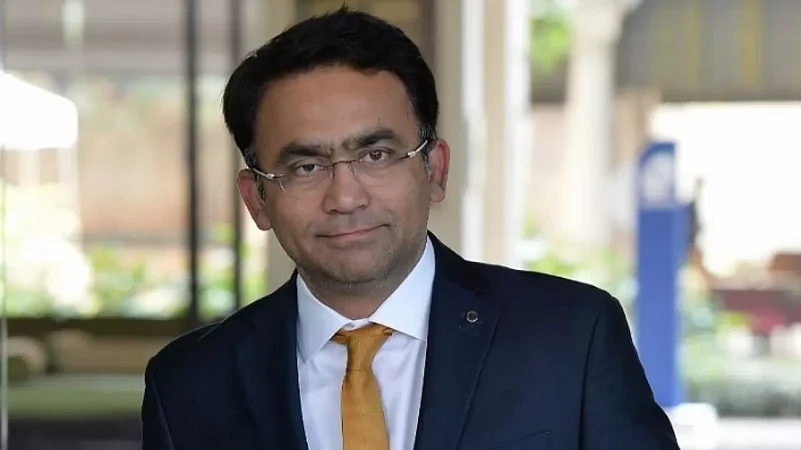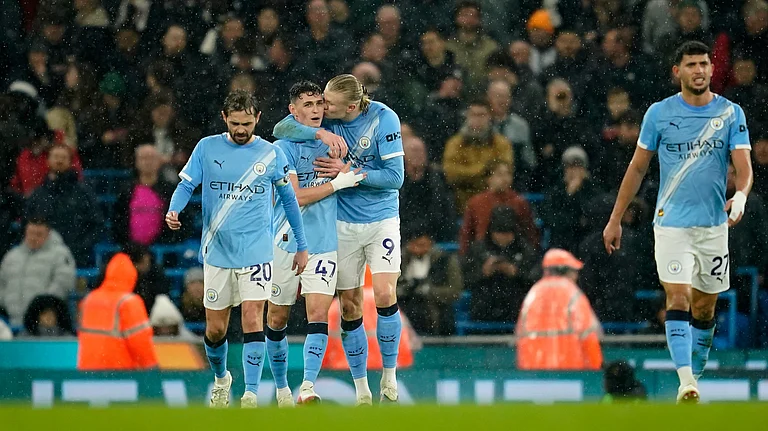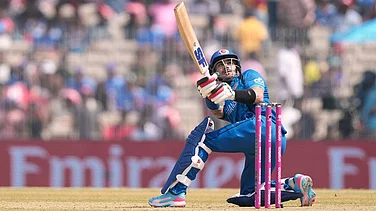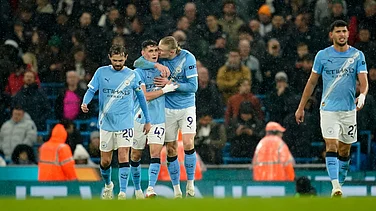Amidst the din that often surrounds Indian cricket, Syed Saba Karim stands out as a restrained voice. It is no surprise that one of his favourite commentators was the late Richie Benaud, perspicacious but understated.
Karim, the former India wicket-keeper and national selector, and a regular commentator, played for India for three years. He has over a 100 first-class games to his name. His cricket career, cut short by a blow to his eyes while keeping to Anil Kumble, took him to far corners of the country and the globe.
Karim spoke to ‘Outlook’ about what travel taught him.
What do you remember of your travels as a cricketer? Did it lead to better bonding with players?
Speaking of my tours with the Indian team, two of my first trips were to South Africa and West Indies (1996-97). One would always make it a point to see famous places in these countries. Travelling together would definitely help us bond. It was meaningful and a lot of fun.
The West Indies, to give one example, is made up of several islands. All of them have their own way of embracing tourists. To be part of that along with your cricketing commitments was fascinating. I particularly remember St Kitts, which was such a small island. We were staying right on the beach.
Who were your favourite companions from the team while travelling?
We’d all be together. Rahul Dravid, Anil Kumble, Sourav (Ganguly), who was my batchmate, Ajay Jadeja, Sachin (Tendulkar). Anil was so fond of photography. So I’d often go out with him. Srinath, Venkatesh Prasad, Sunil Joshi would be there too. As all of us had played together, so it would be fun to travel together.
Those days, vegetarian players would struggle to find vegetarian options in some countries, isn't it?
All of the vegetarians struggled, especially in Guyana. I remember Sunil and Prasad would carry spices from home and they’d make food on their own. Gradually things eased up and there would be a number of Indian families who would bring vegetarian food.
I also remember if you were not doing well on the field, some friend or the other would drop by or call and would coax you out of your room, so that you eased up instead of thinking too much about the matches, or your own performance. It would be a break from the pressures of international cricket.
What did travelling teach you as a professional and a player?
It is a great learning in terms of the way you perceive the world. You end up meeting so many people. You understand there is life beyond cricket. You interact with an amalgamation of cultures. For me, that has been the biggest learning - the diversity of the world. You take note of the many positives that are taking place everywhere. Of the many new things to understand and appreciate, whether it is art, culture, music, languages, environment. That is what cricket tours have taught all of us, something you don’t learn from the textbook. Travelling is all about that.
Can you speak about trips undertaken during junior days, on trains and buses?
They were always by bus or train, that too without reserved seats. But when I look back, the excitement of playing a match far outweighed the difficulties of the journey. All the players would be together and help each other survive difficult phases. I remember my days in Bihar, when we’d often travel the whole night on the roof of a bus. On train journeys, many times it would be 14, 15 of us crammed in one compartment, travelling long distances. Even for Ranji Trophy games we sometimes travelled without reservation.
Players travel together even now, but most of them are on their phones or devices. Does that reduce inter-personal bonding?
Even through phones there can be bonding. I see a lot of ideas being exchanged among players through Instagram and social media. Having said that, in the old days there would be team games, singing sessions, and so on. I don’t know whether that still happens. But times change, people evolve and that’s how one has to accept it.


























